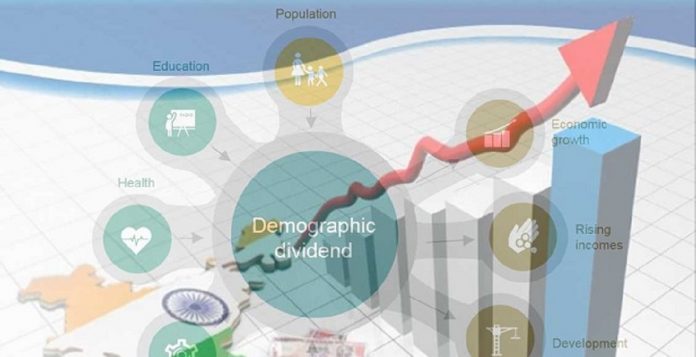- It is a well-documented fact that the Indian population closely follows the leader amongst the nation endowed with bountiful populace i.e., China who are far ahead of us in terms of population figures. Yes, there is any number of nations that encourage families to procreate by not restricting their progenies to one or two per family. You are aware that many countries go to the extent of offering incentives – monetary as well as in-kind – to increase the progenies for achieving what is commonly termed in socio-economic jargon, demographic dividends. It is a no-brainer to comprehend the benefits of a larger population helping a nation to build on economic fronts utilizing the available manpower resources to establish a certain standing globally.

PC: Rakesh Wadhwa
- Note that it took around 50,000 years for the world’s population to hit 1 billion marks. Interestingly since 1960, every few years have seen an extra billion added leading to today’s global population of 7.8 billion. Population explosion used to be a big worry, sometimes leading to extreme reactions. For instance, China’s economic policy U-turn in 1979 was accompanied by the introduction of a draconian one-child policy. Little did China’s leaders knew then as to what lay ahead in their own life and eventually, they had to revisit the policy in 2016 allowing two children per couple. Now comes the news that China is encouraging couples to procreate three children in the wake of the Dragon Nation seeing its slowest growth of population since the 1960s.
- Another worrying trend catching up fast is a dramatic fall in fertility rates in many countries including India with a far younger population than the West’s or China’s showing a downward trajectory. It is an extraordinary moment in human history observed till now that human population declines have been involuntary. Looking back at history, several natural calamities have wiped off a major chunk of the population leaving behind a trail of destruction. Mind you, reversing the fertility trend seems impossible with the changed priorities replacing earlier emotional connect. Conversely speaking, a large population is not an unmixed blessing either. Countries like India are painfully discovering that a demographic dividend is not preordained.

PC: A
- The biggest bane of the population conundrum is the greying citizenry portending most countries about an adverse dependency ratio failing to support the rest in every single nation-building endeavor. It is a no-brainer to know that national incomes are ultimately dependent on productivity to make it count amongst other economies. With the advent of technology-driven robots replacing more humans on the factory floor, even falling population may turn out to be less of a negative economically. Even then no country can discount the advantages of having a robust and young population to drive the march ahead. Anything in excess is bound to create an asymmetry and the same perhaps applies to demographic dividends as well.






